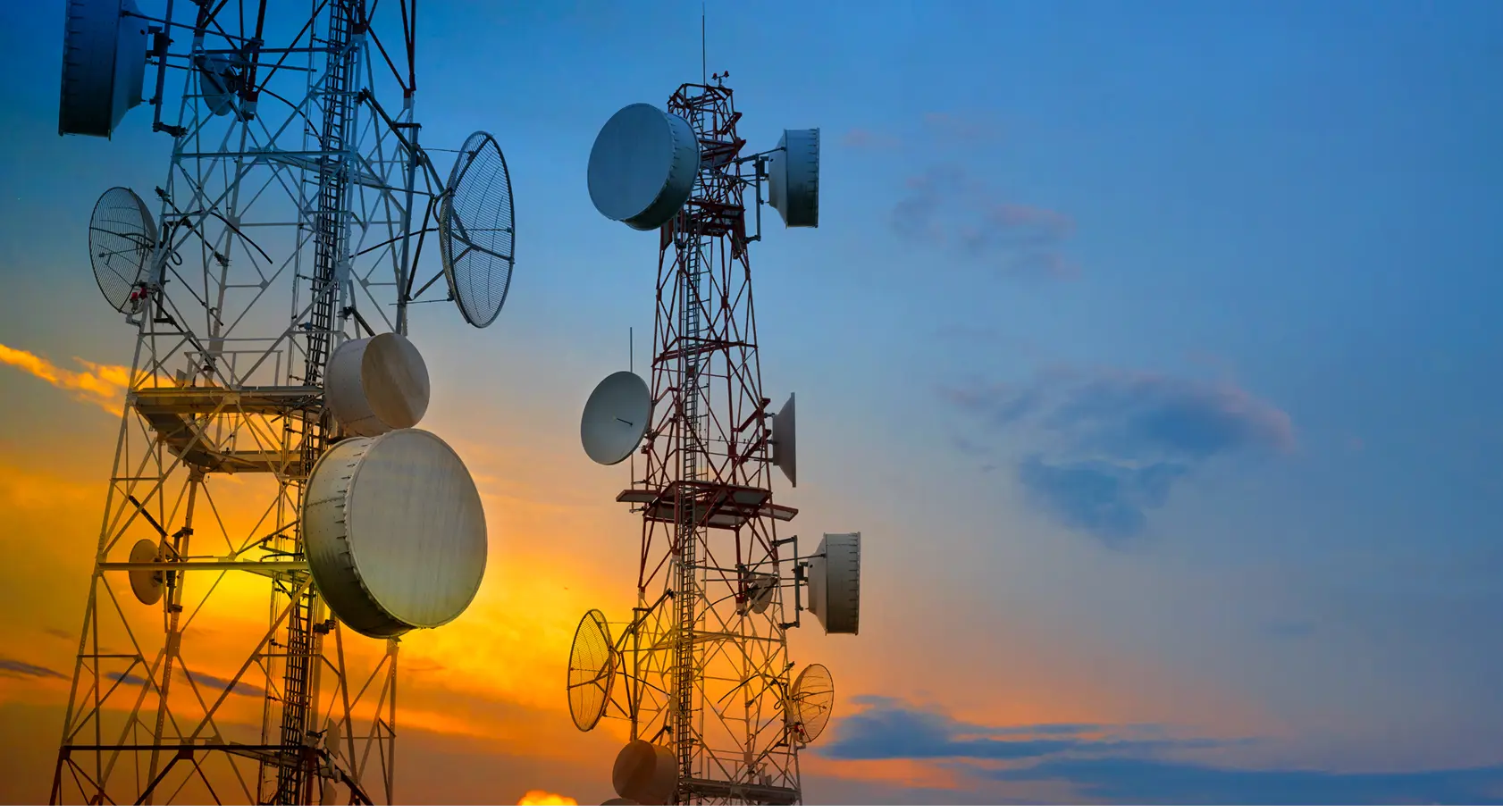iPhone Text Effects: Tips and Tricks
December 10, 2025
Phones

Thinking about switching phone carriers? The good news is that it's a fairly straightforward process, and you can even keep your current phone number when you do it.
Major carriers (AT&T, Verizon, T-Mobile) smaller prepaid carriers (Mint Mobile, Visible, Boost Mobile, etc.) alike are highly motivated to get you to join their networks, so switching can entitle you to some amazing plan and device savings—you may even be eligible for a free phone.
Read on as we detail the process for switching phone carriers, and flag some important details you'll want to keep in mind as you undertake the process.
When you decide you are ready to switch carriers, you need to go through the following steps:
At this point, you will be clear to set up service with your new service provider. Note that your new carrier and your old carrier are the ones doing the work now, so you just provide your old account number and details and wait for them to complete the transfer process. You’ll want to watch out for any early termination fees (ETFs), which many carriers offer to pay off on your behalf in addition to your outstanding balance on your old plan.
There are a variety of reasons switching cell phone carriers can make a lot of sense.
When you get a phone from a carrier versus a retailer directly, you might be getting a slightly different type of product. Carriers will usually sell you a locked phone, while manufacturers will usually sell an unlocked phone.
In short, a locked phone is a device that is specifically tied to a particular carrier. If you buy an iPhone from Verizon, for example, you won’t be able to use your phone with any other networks other than Verizon’s.
A locked phone has a software code integrated into it that prevents use with any carrier other than the carrier that you bought the phone from. If you reach a point where you would like to unlock your phone or switch providers in general, then you need to coordinate this with your carrier before that can happen.
An unlocked phone is a phone that has no ties to any carrier, and can be used with any network without having to make any software changes. Unlocked phones have become popular around the world for a variety of reasons, not least being phone compatibility.
For example, with an unlocked phone, you can easily swap SIM cards when you travel and use your phone with overseas networks. Plus, unlocked phones make switching providers much simpler. Unlocked phones are also worth more on the resale market, as there are fewer hoops that a buyer has to go through to get it working with their carrier.
Overall, unlocked phones give the consumer more options and less hassle. However, that does not mean that someone with a locked phone is stuck with their provider indefinitely.
It's easy to switch phone carriers and keep your number—referred to as porting.
In order to do this, you need to put in a porting request with your new carrier. Many carriers will offer the porting process as a part of their unlocking and switching process, but check in with them first to be sure.
If you do not do this, it would be possible to have the same phone but with a new phone number and completely different SIM information.
Not interested in new phone deals? If you want to save money, or you love your existing cell phone, keeping your existing phone while switching carriers is appealing. Here’s how:
Switching carriers is an easy process, but you need to make sure you do it right. Check in to see if you have a locked phone or an unlocked phone, as this has a big impact on how the transfer works.
When making the switch, following proper procedure is important to ensure your phone and all its data are able to make it over. However, if you want to get a new phone, then switching to a new carrier and plan often does come with a lot of interesting perks to reduce the cost of your new phone.
If you're interested in switching carriers but keeping your existing phone, our free, unbiased Plan Finder below can help you compare phone plans you qualify for from top carriers in seconds. Want to find a great phone deal with your plan? That's what our Phone Deal Finder is for.
Yes, changing cell phone carriers is surprisingly simple. Typically, you pick a new plan and contact the new carrier, and their customer service team will handle everything from there.
No, you don't need to back up your phone before you switch carriers. Switching carriers won't affect the data stored on your phone since it's all saved directly to your device. However, you won't be able to take your phone to a new carrier if it's a locked device. Still, it's a good idea to back up your data if you're getting a new phone or just for peace of mind.
Before switching carriers, you'll need to pay off any remaining balance on your phone. Be sure to also check for any early termination fees. Sometimes, your new carrier might offer to cover those costs as part of a promotion, so it's worth confirming with your current and new provider.